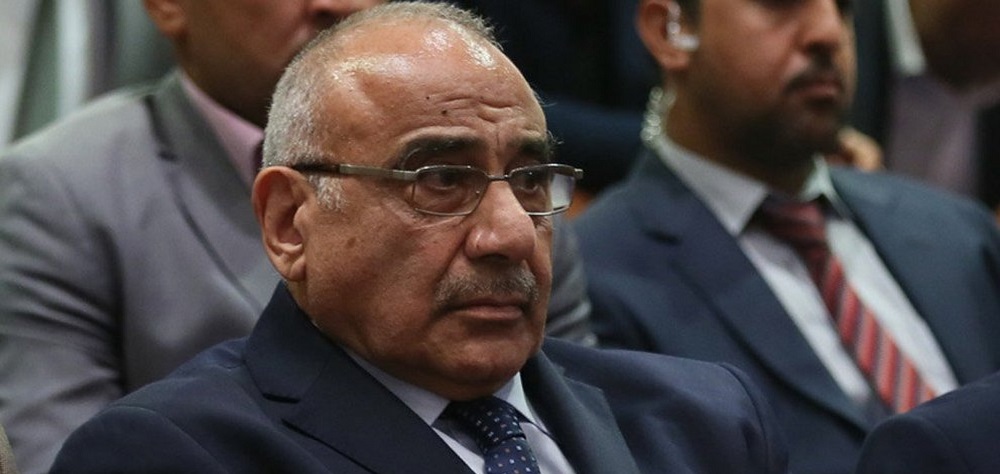Alwaght- Iraq’s protests continue despite all measures taken by Prime Minister Adel Abdul Mahdi who unveiled his reform packages to calm the situation. The demonstrations sparked in early October when graduated youth gathered in Tahrir Square of Baghdad to protest unemployment and corruption. In a short time, they enlarged to engulf the whole south.
A noteworthy issue in the middle of the anti-government protests is the call by Muqtada al-Sadr, the leader of the parliament’s largest alliance Saerun, for PM Abdul Mahdi to step down and announce early elections.
The second round of protests began on October 25, pushing the country in a new wave of political crisis and turmoil. Addressing the popular demands, the parliament introduced a new reforms package on October 28
From impeaching the PM to dissolving the provincial councils
As the protestors’ pressures mounted, the parliament, formally called Council of Representatives, unveiled a package of sweeping new reforms, unprecedented in post-Saddam Iraq. Mohamed al-Halbousi, the parliament’s speaker, said that lawmakers have delivered to him five demands related to questioning the premier and ministers of oil, power, industry, and finance.
On Monday, the parliament voted overwhelmingly to dissolve the provincial councils, revoke the senior officials’ special privileges and powers, and form a committee to look into amendments to the national constitution. The dissolution of the councils is effective in all provinces excluding those under the administration of the autonomous Kurdish Regional Government (KRG) and the parliament will give itself the power to directly supervise the governors’ performance in the elections. Also, the parliament took the financial and executive affairs of the provinces from councils and gave them to the governors.
The Council of Representatives also passed a law stripping the president, PM, speaker and lawmakers, ministers, senior judicial officials, and supreme judicial councils of special powers. It also set a deadline for the constitution reform committee asking it to present its proposals within a four-month timeframe.
Will the parliamentary reforms work?
With the reforms effective upon their issuing, the question is now how much they will be viable in calming the huge protests in various parts of the country. It is noteworthy that before the parliament, the PM presented three back-to-back reform packages with considerable offers to contain the demonstrations. But he failed to persuade the people not to embark on the new wave of protests that were suspended ahead of the Arabaeen ceremony. The PM, in fact, locked the door after the horse is gone. Moreover, even if the reforms are timely, they will not win him popular support until they are put into practice.
It should be taken into account that the raging protests are culmination of unaddressed demands after 2003, the year the Baathist regime was toppled and replaced by a new political system. A look at Iraq’s general budget from 2003 to the present time makes it clear that over 17 years, $1.275 trillion was spent. This is huge spending for a country of only 33 million population. Iraq has 140 billion known oil barrels, making it the world’s fifth-largest oil producer. Currently, it produces and exports over 5.3 million oil barrels per day.
Certainly, with such a big income source, the government can provide better living conditions and services to the citizens should it work in an economic and executive corruption-free milieu. The citizens are exhausted by social and economic injustice and an unbalanced distribution of sources and incomes and seek to bring a fundamental change and reform to the deepest possible layers of society. The fact is that reshuffling the cabinet and holding provincial elections across the country cannot do much to fundamentally change the situation. The only measures helping the end of violence and street protests is structurally transforming the situation of employment, fighting against corruption and bureaucracy, and promoting economic and distributional justice. So, the proposed reforms by the parliamentarians cannot play as substantial incentives for the crisis to end in the country. After all, a big portion of the criticism is directed against the performance of the parliament. Many protests, indeed, find the lawmakers part of the problem, not its solvers.



























